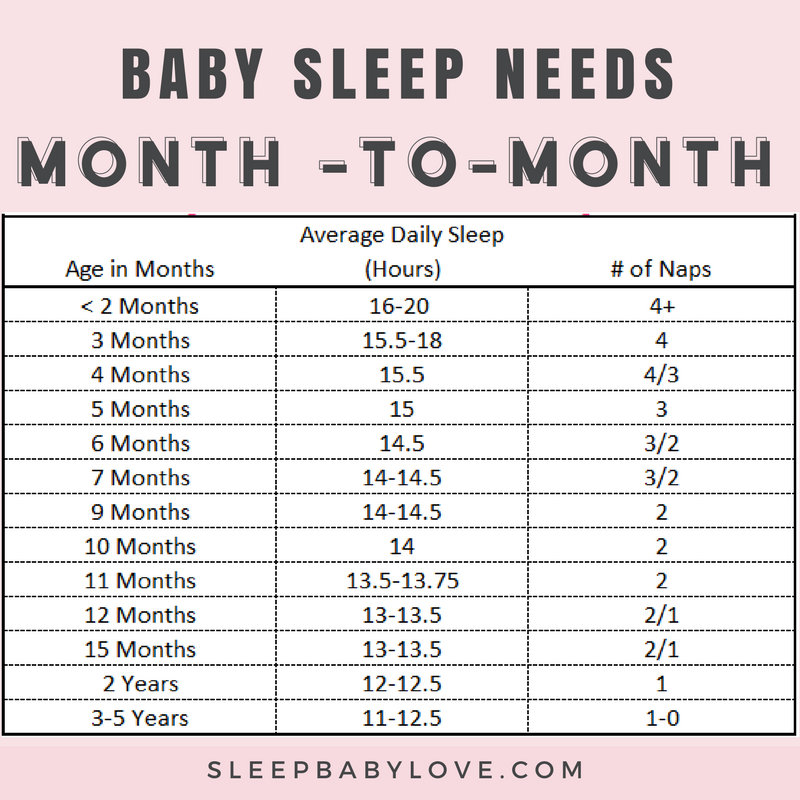How to Make Naps Transitions As Smooth As Possible
Just when your baby got their groove on in the sleep department, here it goes and changes again! Those nap transitions will keep you on your toes and you will see changes in sleep consistent with your baby’s growth, development and age.
When do Nap Transitions Happen?
-
- 4-3 Nap Transition: Between 3-5 Months
-
- 3-2 Nap Transition: Between 6-9 Months
-
- 2-1 Nap Transition: Between 15-18 Months
- 1-0 Nap Transition: Between 3-5 Years Old
Every child is different so of course, the nap transitions and sleep needs by age are exactly that… averages.
You may be ahead of behind in the sleep curve, and it’s all OK! The best of nap transitions happen organically so you don’t need to feel rushed to get rid of a nap or keep a nap because of age. Rather go by how your baby is acting and sleeping, using age as a guideline.
What are the downfalls of transitioning a baby too early from a nap?
When a baby transitions too early from a nap, you will have a baby who can’t yet tolerate their maximum awake time. Short answer is that this leads to an over-tired baby!
In case you need more of a visual of how hard it is to put an overtired baby to sleep, picture a baby that may wake early, have middle of the night wakings, multiple night wakings, and just all over crankiness.
It’s not fun! So I always suggest keeping a nap for as long as you can!
How do you know that it’s time to transition the nap?
- The easiest telltale sign is refusing the last nap of the day – not just once, but multiple times throughout the week for multiple weeks.
- The last nap of the day is too late – I don’t recommend a nap past 4 or 5 pm. Any later and your child’s bedtime can be too late potentially causing other issues.
- Deterioration of sleep from an otherwise good sleeper. If you’re seeing those early wake ups or more middle of the night wakings, it’s possible that the transition is impending.
How long can you expect a nap transition occur?
A nap transition could be short and sweet or rocky and tumultuous. Just like everything else in your baby’s life, it’s always so hard to guess how it will be until you’re actually knee-deep into the transition.
You can expect two weeks as an average transition time, but some transitions like the transition between 1-0 naps can be wayyyyy longer. (Read my personal story on why the transition to no naps is considered nap purgatory).
What has your experience been with nap transitions? Were they smooth or rocky?



